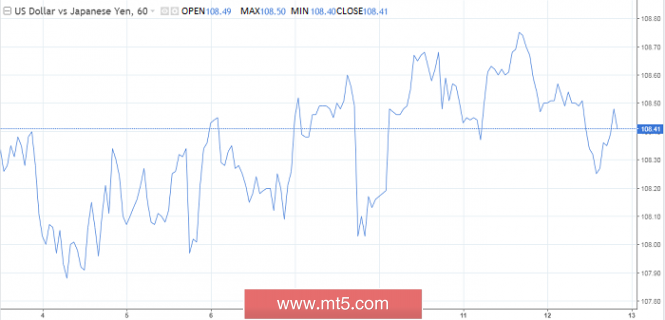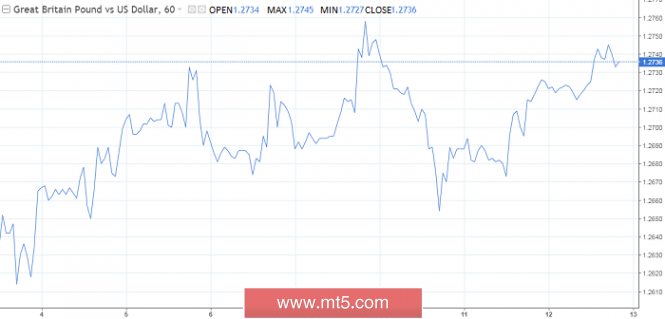Risk appetite on the eve of the G-20 summit may decline, so it is better to pay attention to the yen and sell the dollar and the euro against the Japanese currency. At least, this opinion is shared by BofAML analysts. The bank entered a short position on the EUR/JPY pair as early as last month, when a trade deal between the US and China fell through. On the eve, Bank of America took a short position in USD/JPY.
The risk of a recommendation is that a trade deal can be announced at the summit itself. However, even in this case, the revision by traders of the future actions of Fed officials, implying a softening of the policy, will limit the weakness of the yen.

Meanwhile, exchange rate volatility is still very low. Markets show calm, but in vain. It looks like a storm is coming to the currency markets.
So, last week the ECB hinted at a willingness to re-launch the incentive program, but market participants preferred not to pay attention to it. The leaders in the race for the prime minister of Great Britain are politicians whose plans are to snatch a country from the EU without any agreements or to paralyze the work of Parliament. At this time, only uncertainty can be seen in the dynamics of sterling, and there is no talk about concern, and especially panic.
Everything would be fine, but Donald Trump enters the scene and claims that the policy of the US central bank harms the country. Stubborn officials led by Jerome Powell do not accept smart advice from the US president about the rate cut. "They don't listen to me," Trump complained.
What is happening implies the flight of investors into defensive assets, but this does not happen. Why? Because the ECB has lost its ability to influence markets, its policy of perpetual monetary stimulus is already perceived as the norm for all major securities, rather than as an anomaly. As for Britain, everyone believes that the British politicians have another aggravation and this will pass.

A serious reason for nervousness was provided by the owner of the White House. Despite the fact that he regularly allows himself such attacks and plays on market sentiment, his recent tweet against the Fed deserves attention. The fact is that at the end of June, the G20 summit, and trade conflicts are on the agenda. The US president may require his administration to do something that weakens the dollar or force China to strengthen the yuan. And better all together. By the way, on Tuesday, the Chinese currency noticeably strengthened against the dollar after a statement by the local regulator about its intention to hold on Wednesday an intervention of 35 billion yuan.
It is worth noting that the currency is slowly but surely entering the arsenal of a trade war.
The lack of a clear reaction in the market can partly be explained by the fact that the Fed is expected to lower interest rates. However, the situation may worsen after the June summit in Osaka, Japan. Especially if the negotiations on the sidelines of this event will not be entirely successful.
The material has been provided by InstaForex Company - www.instaforex.com